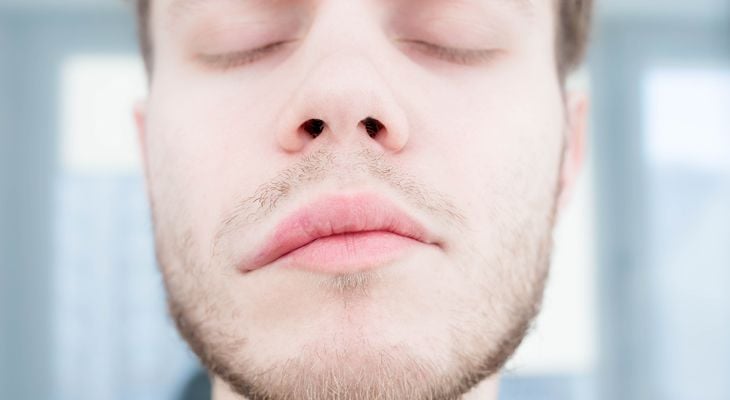
If you suffer from Bell's palsy, a paralysis of one side of the face caused by nerve inflammation, you may lose control over your eyelids. This eyelid paralysis can create problems for the sensitive cornea that protects the eye's lens and helps focus light waves into clear images. Fortunately, an experienced eye care professional can recommend measures to soothe and protect the afflicted eye.
Understanding Bell's Palsy
What causes this form of paralysis, which strikes so suddenly that many sufferers think they've had a stroke? While doctors are not entirely certain, it would appear that the herpes or shingles virus can produce a bout of Bell's palsy, along with viral meningitis or a facial injury.
Bell’s palsy occurs when the seventh cranial nerve, which relays motor commands and sensation to one side of the face, becomes impinged or inflamed. The pressure on the nerve stops the flow of information, causing severe weakness or total paralysis to the muscles on that side of the face -- including the muscles that control the upper and lower eyelids. As a result, you may experience an outward drooping of the lower lid, while the upper lid may refuse to close without assistance.
While the nerve paralysis that causes Bell's palsy may have no direct effect on your vision, it can cause serious eye issues indirectly. The inability to shut your eye, not even while sleeping, causes the cornea to dry out and develop dry eye syndrome. This is not unlike the dryness that occurs in computer users who forget to blink regularly. Lengthy periods of dehydration can lead to a painful condition called exposure keratitis.
Saving Your Eye from Pain and Irritation
Various medical treatments, including steroids and anti-viral drugs, can help you rebound from Bell's palsy to regain total or near-total muscle control. In the meantime, however, you must take steps to protect your affected eye from dehydration. Hourly use of artificial tears, which are easily obtained over the counter, can help soothe and protect the cornea during the daytime. Your eye care professional may recommend you apply tape or a patch to keep the eyelid shut at night. In some cases, a special external weight may be prescribed. Ask your eye care professional to advise you on keeping your eye safe and healthy.
